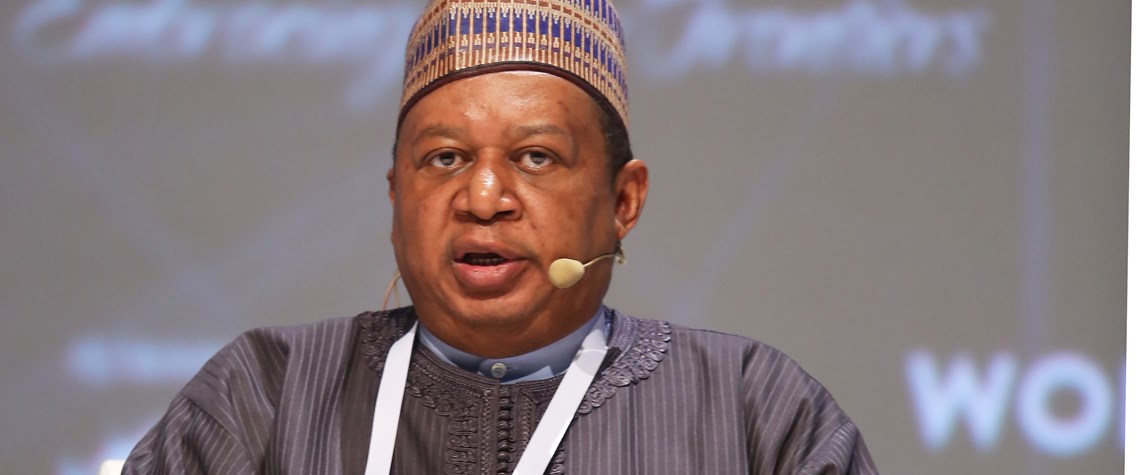Opec's next balancing act
The oil market is at a crux point as bullish and bearish forces battle to set the tone
After a long hot afternoon around a circular table in Algeria, Opec struck its deal with Russia to start cutting oil production. It was September 2016 and the agreement-the "Algiers Accord", as Opec now styles it—was the beginning of the end of the oil-price slump. The partners will ride back into Algiers again in the final week of September to honour the date. The deal has become central to Opec's branding under secretary-general Mohammad Barkindo. Celebrations are planned. The cutters have every reason to be pleased. The supply glut has been gone now for months. A barrel of Brent crude oil, about $55 two years ago, has traded above $70/b since mid-April 2018. Saudi Arabia is said to want t

Also in this section
18 February 2026
With Texas LNG approaching financial close, Alaska LNG advancing towards a phased buildout and Magnolia LNG positioned for future optionality, Glenfarne CEO Brendan Duval says the coming year will demonstrate how the company’s more focused, owner-operator approach is reshaping LNG infrastructure development in the North America
18 February 2026
The global gas industry is no longer on the backfoot, hesitantly justifying the value of its product, but has greater confidence in gas remaining a core part of the global energy mix for decades
18 February 2026
With marketable supply unlikely to grow significantly and limited scope for pipeline imports, Brazil is expected to continue relying on LNG to cover supply shortfalls, Ieda Gomes, senior adviser of Brazilian thinktank FGV Energia,
tells Petroleum Economist
17 February 2026
The 25th WPC Energy Congress, taking place in Riyadh, Saudi Arabia from 26–30 April 2026, will bring together leaders from the political, industrial, financial and technology sectors under the unifying theme “Pathways to an Energy Future for All”







